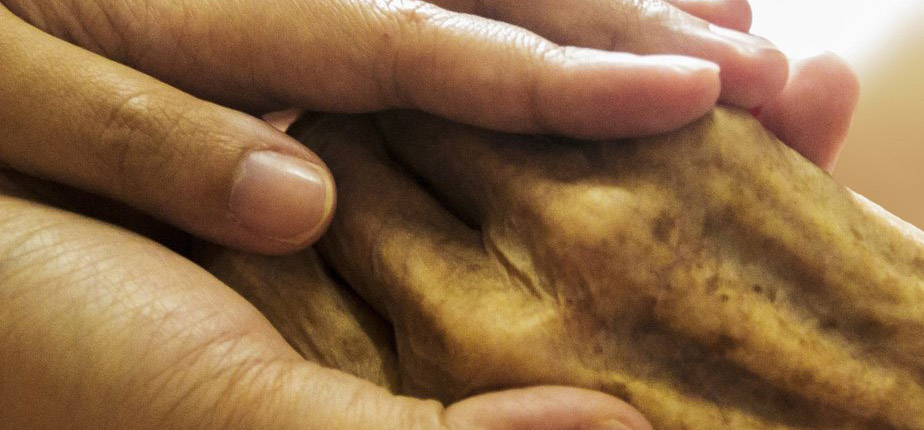
Harun Nasrullah
The British Islamic Medical Association (BIMA), representing nearly 8,000 Muslim healthcare professionals, has strongly opposed the proposed assisted dying legislation in England and Wales, arguing it conflicts with the “Muslim moral compass” and poses potential risks to vulnerable, minority, and marginalised groups.
BIMA’s opposition aligns with growing criticism from UK healthcare professionals. Over 3,400 doctors and nurses, organised by the campaign group Our Duty of Care, signed an open letter on November 11 urging Prime Minister Sir Keir Starmer to reject the Terminally Ill Adults (End of Life) Bill ahead of its Second Reading in the House of Commons on November 29. The signatories, including professors of medicine, palliative care doctors, and general practitioners, argue that the focus should be on improving palliative care services, not legalising assisted dying.
Introduced by Labour MP Kim Leadbeater, the legislation would allow terminally ill adults in England and Wales, with six months or less to live, to seek medical assistance to end their lives under strict safeguards. The Bill has sparked debate among MPs, medical professionals, and the public, raising issues of potential coercion, the need for better end-of-life care, and ethical and religious concerns.
In their joint letter, healthcare professionals assert that the NHS is currently struggling under significant strain, with insufficient funding for palliative care and increasing pressures on staff. “The NHS is broken, with health and social care in disarray. Palliative care is woefully underfunded, and many lack access to specialist provision,” the letter states. The healthcare professionals warn that legalising assisted dying at a time when the healthcare system is so fragile would be profoundly misguided.
BIMA stress that the care of the dying is a core responsibility for healthcare professionals and a hallmark of compassion within society. “Assisted dying, including assisted suicide and euthanasia, would fundamentally shift the role of healthcare professionals in the UK,” BIMA states. “We view this as a direct challenge to the Muslim moral compass, which places the preservation of life at the forefront.”
They also point to the experience of ethnic minorities during the Covid-19 pandemic, where marginalised groups faced systemic inequalities and are often the “least listened to” within the healthcare system. The association warns that assisted dying legislation could exacerbate these issues, disproportionately affecting vulnerable individuals who may already feel alienated or fearful of the healthcare system.
The letter from Our Duty of Care also underscores the dangers of introducing such legislation. It criticises the claim that legal safeguards would adequately protect vulnerable individuals, citing the Canadian example where the legal protections have been eroded in recent years. The medics also warn, “It is impossible” for any government guarantee protection “from coercion and future expansion.”
Furthermore, the signatories argue that assisted dying is often driven by feelings of being a “burden” to loved ones, as seen in places like Oregon, where nearly half of those who choose assisted dying cite this as their primary reason.
The healthcare professionals assert that the introduction of such laws could place undue psychological pressure on patients, particularly those in vulnerable positions. “We will never take our patients’ lives – even at their request,” the letter concludes.
Dr Gillian Wright, who co-authored the ODOC letter, commented: “Healthcare professionals from across all medical specialties, General Practice, Palliative, Hospital, Community and Hospice echo that we will not help patients to take their own lives, because of the pressure that disabled and dying people so often feel under, whether real or perceived. And as we see in places like Ontario, Canada, the right to die can become a duty to die, with the poorest people in society more likely to be euthanised than their richer neighbours. There is nothing progressive about that.”
(Photo: WikiCommons)
READ MORE
UK Parliament divided as assisted dying Bill gains momentum amid broader debate


